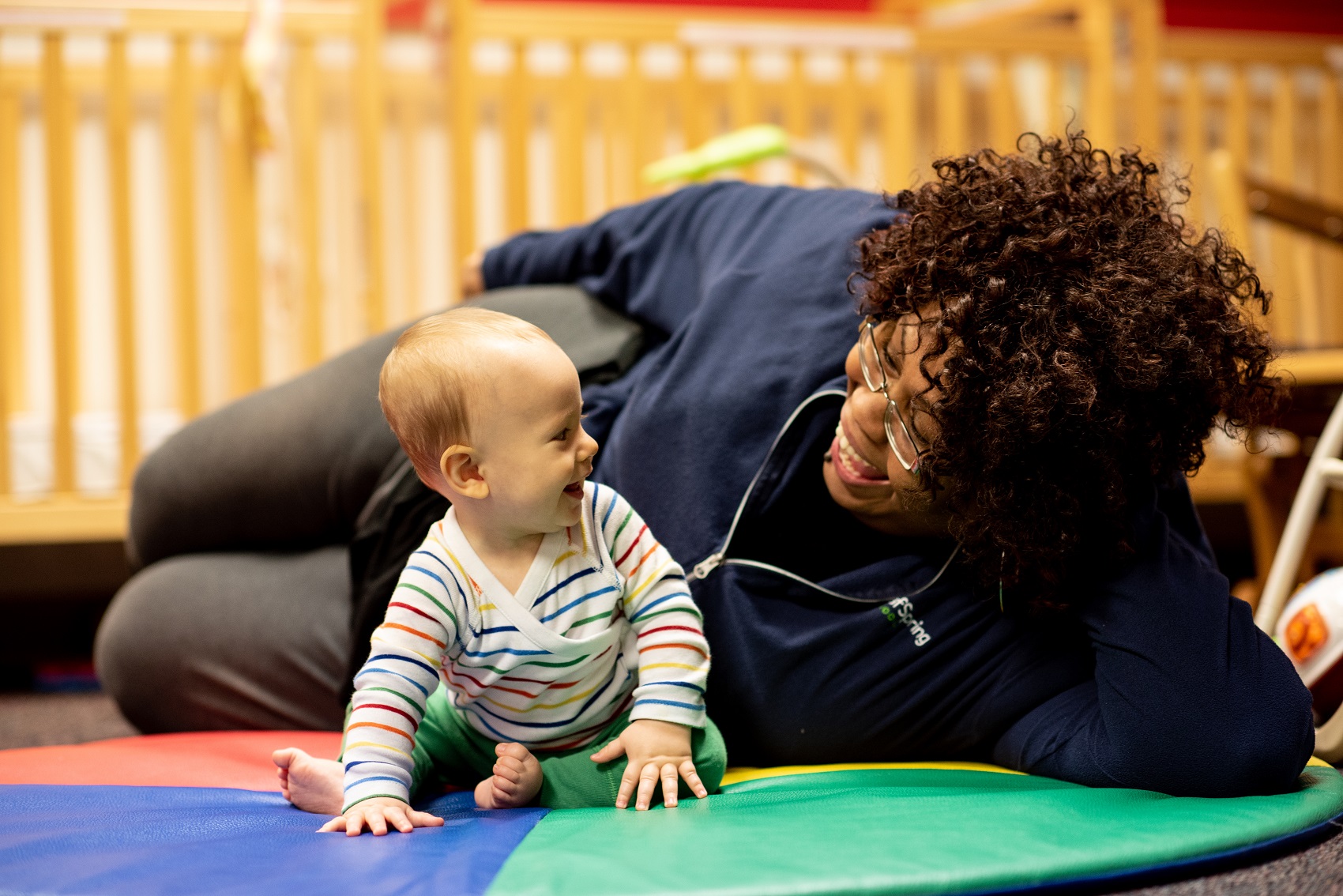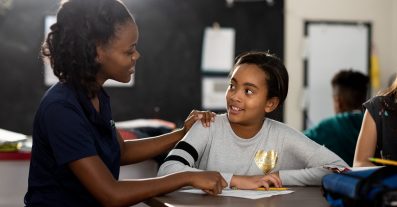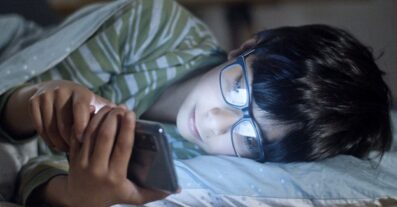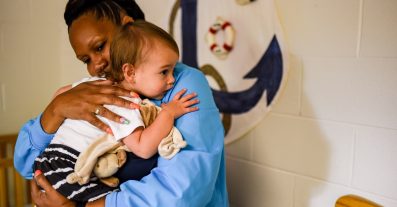INSPIRED in Health and Safety
Read ArticleMarch 11, 2021
Summer Camp 2021 – Why it’s so important this year
Originally published on the American Camp Association‘s blog.
Our 12 schools are gearing up for a SUMMER OF PLAY at Camp Blue Sky. And we are here to answer your questions about what we are doing to safely host summer day camps and give your children the much-deserved break after a challenging school year.
Summer Camp Is Even More Vital for 2021 and Beyond

The events of 2020 had a significant global impact, especially on those who will experience their long-term aftermath: children and adolescents. While processing this is important, it is essential to begin to shift our mental energy forward. How can we prepare for the future? How do we keep young people healthy and safe, yet also ensure that they are growing emotionally, physically, and relationally? How can we take inventory of children’s education, relationships, and general activity in order to set them up for developmental success moving forward? As a mental health professional who works in the camping industry, I am convinced that summer camp is no longer an optional add-on to enrich a child’s experience while they are out of school; it is a vital need for all children and adolescents in 2021 and beyond.
1. Camp provides a forced sabbatical from technology/screens.
There has been a marked rise in screen usage amongst all ages for obvious and essential reasons. While technology has been crucial in allowing work, education, and connection to continue, we also know that screen time negatively impacts mental health over the long haul, especially in children (Twenge & Campbell, 2018). Using screens as a primary means of relational connection during key periods of childhood development is particularly alarming. Now more than ever, it is crucial that we strategically and consciously create space for young people to move their bodies, be outside, and connect face-to-face with peers. Camps are one of the only contexts that provide this pivotal combination for extended amounts of time: authentic connection with others in an outdoor, technology-free context.
2. Camp creates community, not polarization.
During an election year that would have already been fraught with political tension, the added effects of COVID-19 (isolation, increased social media usage) only heightened polarization; feelings of division and hostility are as present as the air we breathe. Social hierarchies and divisions which may exist in other spheres of life are not present at summer camp because of two key elements: staff who model acceptance and kindness, and the shared connection of trying (and perhaps failing) at something new, away from the loving (yet often stifling) gaze of parents. Cabin mates whose families may vote differently, look differently, and think differently from one another will still become friends for life at summer camp. Healthy, deep friendships inherently welcome and hold space for differences; learning how to make and maintain these relationships is both pivotal for development and challenging to see modeled in the current climate. Camp is one of the few spaces where life in the community prevails over all else.
3. Camp fosters imagination and free play.
Finally, in a world where most activity and social interaction is necessary and increasingly structured for health and safety precautions, camp offers the gift of freedom. At summer camp, children participate in the imaginative, free play that is so crucial for development. Activities at camp are inherently playful: staff and campers alike sing, run, dance, and create. The Project Zero Team at Harvard created a research initiative entitled The Pedagogy of Play, which focused on play as a key element of learning (2016). In this project, their team identified choice, wonder, and delight as “indicators of playful learning” (Mardell et al., 2016). These elements exist in abundance at summer camp: campers are able to learn independence by making their own choices and taking on responsibility, engage with nature in a way that stirs up awe and wonder, and experience the delight that comes from jumping off a rope swing or belly-laughing with a friend at a meal. While health and safety precautions are undoubtedly in full force at summer camp, imagination and creativity are in every nook and cranny.
Author J. R. R. Tolkien writes in his famous novel, The Hobbit: “It does not do to leave a live dragon out of your calculations, if you live near him” (1982). We must notice the “dragon” that has been this past year; however, we cannot spend our time only noticing — we must strategically calculate and prepare, as Tolkien writes. Moving forward, summer camps must be an indispensable element of this preparation as we seek to help children grow into healthy, empathetic, confident adults.
References
Mardell, B., Wilson, D., Ryan, J., Ertel, K., Krechevsky, M., & Baker, M. (2016). Towards a pedagogy of play: A project zero working paper. 1-17. Retrieved from pz.harvard.edu/sites/default/files/Towards%20a%20Pedagogy%20of%20Play.pdf.
Tolkien, J. R. R. 1. (1982-1980). The Hobbit, or, There and back again. Authorized ed., Rev. ed. New York: Ballantine Books.
Twenge, J. M., & Campbell, W. K. (2018). Associations between screen time and lower psychological well-being among children and adolescents: Evidence from a population-based study. Preventive medicine reports, 12, 271–283. doi.org/10.1016/j.pmedr.2018.10.003
Photo courtesy of Camp Kippewa in Monmouth, Maine
Catherine Menendez is a licensed clinical mental health counselor associate (LCMHCA) who works with her husband John as a camp director for Camps Timberlake and Merri-Mac in Black Mountain, North Carolina.




